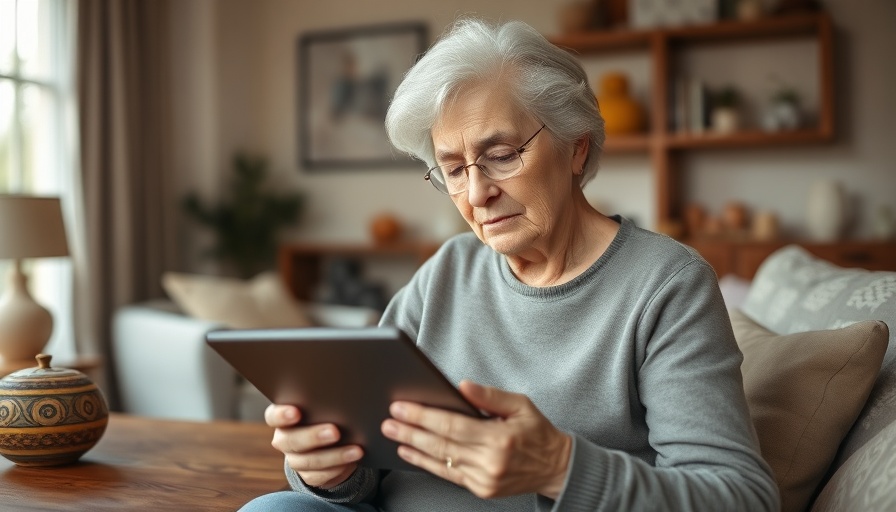
Understanding Grief: A Complex Journey
For many urban professionals aged 25-50, losing a spouse or partner marks one of life’s most significant losses, engulfing them in a world that can suddenly feel shattered. Grief is intensely personal and complex, but it’s essential to acknowledge that there’s no 'right' way to grieve. Acknowledging a wide spectrum of emotions—sadness, anger, confusion—can help survivors navigate their feelings without guilt or judgment. Understanding that grief isn't a straightforward timeline allows for a gentler approach to healing.
Seek Support: You Are Not Alone
The isolation that often accompanies grief can be overwhelming, making it vital for individuals to lean on their support network. Friends, family, and community connections can provide critical comfort during this tumultuous time. This is the moment for reaching out, whether it’s for casual coffee catch-ups or joining a local support group. Small steps can gradually pave the way toward resilience and connection.
Professional Guidance: Therapy and Grief Counseling
While loved ones may wish to support you, sometimes you need the specialized assistance that a professional grief counselor can provide. Therapists trained in grief can guide individuals through their emotions using structured techniques, offering tools to manage daily challenges effectively. Grief counseling not only offers a space for mourning but can also cultivate skills that foster healing. Support groups, both in-person and online, offer shared experiences with others facing similar losses, enriching one's grieving process.
The Importance of Self-Care in Grieving
Grieving can take a toll on both mental and physical well-being. Therefore, prioritizing self-care during this time is crucial. Engaging in regular exercise, maintaining nutritious eating habits, and ensuring sufficient sleep can all contribute to overall health during the grieving process. Simple tasks might feel monumental at times; making mealtime plans or delegating chores can alleviate some burden. Remember, it's okay to feel low and require support to complete daily activities. Reach out if self-care feels unattainable.
Redefining Life After Loss
One of the harsh realities of widowhood is facing life without a partner. This includes managing various responsibilities, from finances to household tasks. Seeking assistance in these areas, whether from friends, organizations, or community services, can ease the transition. Embracing new routines and considering social involvements can also foster a sense of normalcy. Time spent with friends or engaging in community activities provides opportunities to rediscover joy amidst sadness.
Connecting with Others: Finding Community
Isolation can weigh heavily on those grieving the loss of a spouse. General social circles may feel less inviting, and single friends might unintentionally distance themselves. Finding a community that understands the unique nature of widowhood, such as specific grief groups for widows, can provide crucial support. Activities like creative classes or tailored outings for widows can help to ease feelings of loneliness while creating new, meaningful connections.
Ultimately, while grief is an individual journey, it can also be cultivated through shared experiences with others. Whether through a professional counselor or fellow widows, seeking community is not just beneficial—it’s essential.
 Add Row
Add Row  Add
Add 




 Add Row
Add Row  Add
Add 

Write A Comment